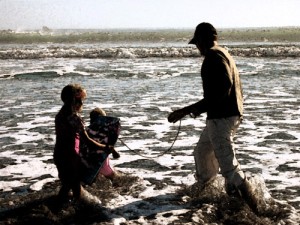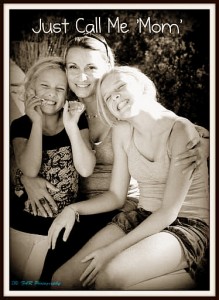Is it possible to be positive all of the time? This is a concept that I struggle with, to start with I am a rather introspective person and people often view this as being moody or negative. Well I guess that is just too bad because that is who I am – I guess I am what you would call a “thinker”. I like to evaluate life!
Please do not get me wrong, I am not saying that it is cool to be miserable all the time but we need to strike a balance. I would love to be perky and bubbly all day long but that is not reality!
Especially as parents – are we meant to be positive and encouraging 24/7, what happens if we have a bad day? Do we hide our feelings and just put on a “happy face”? I think not, our children need to understand, and that even their parents have bad days and that we are in fact human.
I guess the key to striking a balance, is to know how to handle yourself in each situation and if for some reason you do go “postal” and lose the plot, you explain your irrational behaviour. We also need to teach our children how to manage their emotions, that if they do throw a tantrum or get angry they need to discuss their feelings and apologize if necessary.
My poor husband lives with three females, needless to say the emotions can run high in our house, especially with hormones flying around but he has learnt to deal with us and all our emotional idiosyncrasies. Believe me it can get ugly sometimes and me not being a morning person does not help. “Boys” are just not as complicated as “girls” and that I am afraid is life.
So to get back to my discussion, whilst I think it is vital to be optimistic and upbeat, it is impossible, for me, to be “postive” all of the time.
I think that positive is good but real is important! I would love to hear any feedback you have on this subject, just leave a comment below ! Image Source: Pinterest












